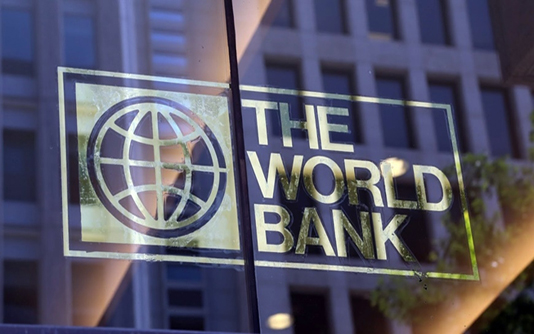DHAKA, Nov 3, 2018 (BSS) – The World Bank will provide $200 million to Bangladesh against two projects in sustainable forests and livelihood and to provide education and support to the Rohingya children.
Out of the total amount, the Washington-based lending agency will provide $175 million against Sustainable Forests and Livelihoods Project which will help improve forest cover through a collaborative forest management approach involving local communities.
Besides, it will provide $25 million to help Bangladesh provide education and support to heal the psychological wounds of Rohingya children and youths who have fled violence in Myanmar.
“Separate financing agreements will be signed in this regard on Monday (November 5) at 11:00 am between the government and the World Bank at the NEC Conference Room 2 in the city’s Sher-e-Bangla Nagar area,” an Economic Relations Official (ERD) told BSS.
The official said ERD Secretary Monowar Ahmed and World Bank country director for Bangladesh, Bhutan and Nepal Qimiao Fan will sign the agreements on behalf of their respective sides.
Officials at the ERD and the World Bank said the Sustainable Forests and Livelihoods Project will plant trees on about 79,000 hectares of forest, including a coastal green belt that will also help increase climate change resilience.
The project will include Cox’s Bazar where nearly one million Rohingya took shelter. The project will particularly help the host communities through its income generation activities, improving the availability of wood for fuel in a sustainable way and reducing human-wild elephant conflict which has affected parts of the district.
The project will develop and implement Protected Area management plans for about 10 Protected Forest Areas with involvement of community members.
Besides, the additional financing of $25 million on grant terms expands an existing World Bank project to help about 350,000 Rohingya children and adolescents get basic education in learning centers.
The existing Reaching Out of School Children Project II (ROSC II) project has also been extended for two years, which will enable the enrollment of poor children in the host communities in Cox’s Bazar, which has the lowest net education enrollment rate in the country.
The project extension will provide training to more than 17,000 local adolescents and help them with job placement.
The financing, part of up to $480 million announced by the World Bank in June, will help establish 1,000 new learning centers and support about 500 existing learning centers in the camp areas. In addition, about 2,000 teachers and instructors will be recruited and trained in about 100 teachers’ training facilities.
The officials said adolescent girls in camps face risks of abuse, abduction, and early marriage.
More than half of the teachers will be female, who will be trained to help the girl children and adolescents to manage safety concerns and if needed, guide them to safe locations.
Further, the financing will help raise awareness among Rohingya children about their rights, gender violence, and personal safety.
ROSCII has since 2013 enabled more than 750,000 children, who had dropped out from school, to complete their primary education.



